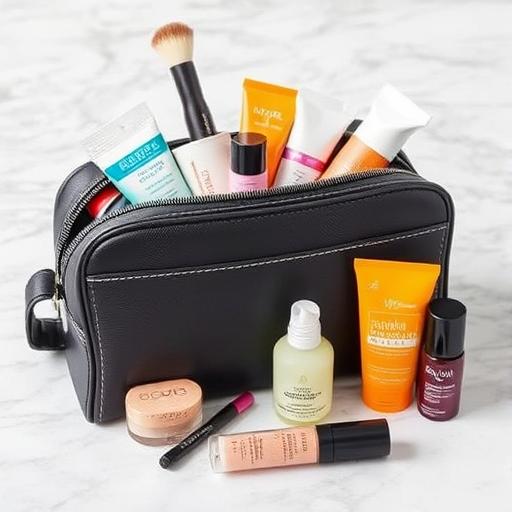Flexibility isn’t just about bending over backwards; it’s a holistic approach to life, encompassing your schedule, mindset, and even your physical well-being. While many focus on work-life balance and time management, true flexibility requires a deeper dive into creative solutions and proactive strategies. This post explores some bonus ideas to enhance your flexibility in unexpected ways.
Reframing Your Perspective: The Mental Game of Flexibility
Before diving into practical tips, let’s address the mental aspect. Often, our perceived lack of flexibility stems from rigid thinking. We cling to routines and resist change, even when it’s beneficial. Cultivating a growth mindset, as discussed in Unlock Your Inner Confidence: Simple Lifestyle Tweaks for a Happier You, is crucial. This means embracing challenges as opportunities for learning and growth, rather than setbacks. Practicing mindfulness and meditation can also significantly improve your ability to adapt to unexpected situations.
Time-Blocking with a Twist: Strategic Flexibility
Time-blocking is a popular productivity technique, but it can become inflexible if rigidly adhered to. Instead of creating a concrete schedule, try "flexible time-blocking." Allocate specific time slots for essential tasks, but leave buffer periods for unexpected events or opportunities. This allows for spontaneity without derailing your day entirely. Think of it as building in "wiggle room" for life’s inevitable curveballs.
Skill Diversification: Expanding Your Capabilities
Developing a diverse skill set expands your options and increases your adaptability. Learning a new language, mastering a software program, or picking up a new hobby not only enriches your life but also equips you to handle unexpected situations with greater ease. This proactive approach can lead to unforeseen opportunities and allows you to pivot more easily when needed.
Embrace the Power of "No": Protecting Your Energy
Saying "no" to commitments that drain your energy or don’t align with your goals is crucial for maintaining flexibility. Learning to set healthy boundaries protects your time and mental space, preventing burnout and allowing you to focus on what truly matters. This conscious decision-making strengthens your ability to prioritize and manage your commitments effectively.
The Importance of Self-Care: Fueling Your Flexibility
Self-care isn’t a luxury; it’s a necessity for maintaining flexibility. Incorporating simple self-care rituals, as suggested in Thursday: 5 Simple Self-Care Rituals for Busy Women, into your routine strengthens your resilience and ability to bounce back from challenges. Whether it’s a relaxing bath, a brisk walk, or a few minutes of quiet meditation, prioritizing self-care replenishes your energy and enhances your capacity to adapt.
Networking and Collaboration: Expanding Your Support System
Building a strong network of supportive individuals can significantly enhance your flexibility. Collaboration allows you to share workloads, brainstorm solutions, and access diverse perspectives. A strong network can provide crucial support during challenging times and offer alternative approaches to problem-solving. This expanded perspective can be invaluable in navigating unexpected situations and finding innovative solutions.
By embracing these bonus ideas, you can move beyond traditional notions of flexibility and create a life that is both productive and adaptable. Remember that flexibility is a journey, not a destination, and continuous learning and self-reflection are key to mastering this valuable life skill. Consistent effort toward these principles will help you navigate life’s challenges with greater ease and grace. As you build momentum, regularly reflect on your progress, similar to the advice in Week 4: Reflecting on Progress and Setting New Goals.





